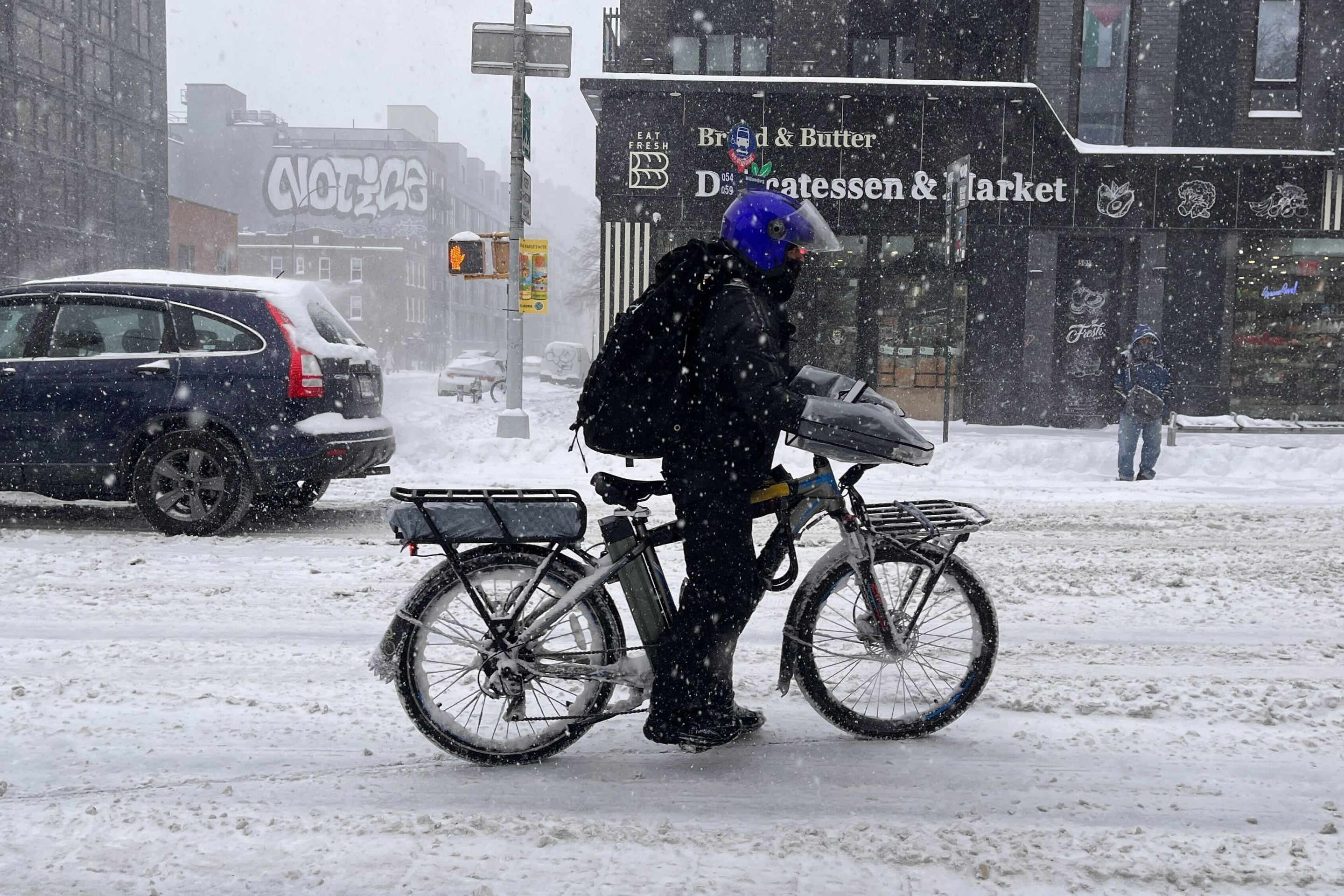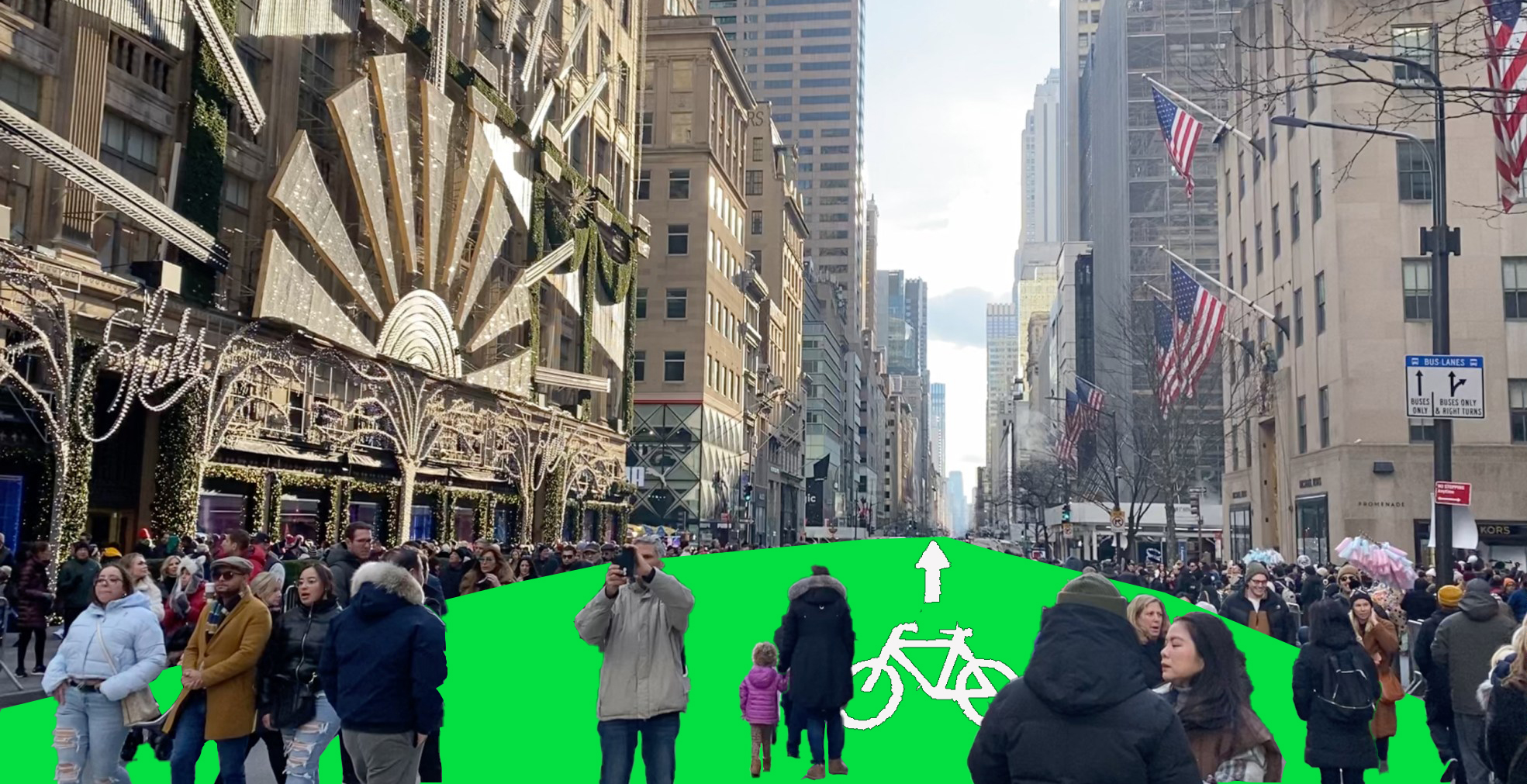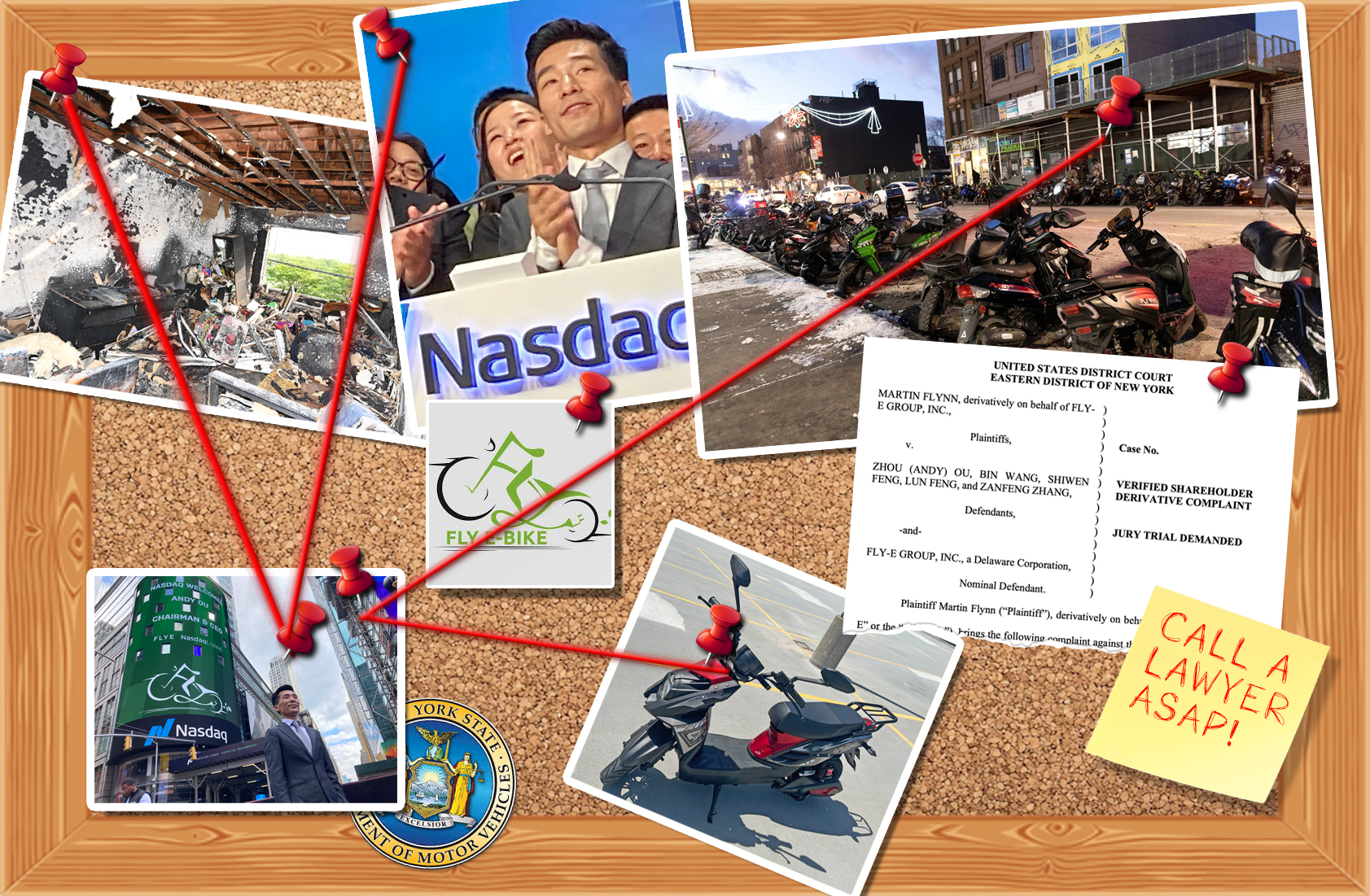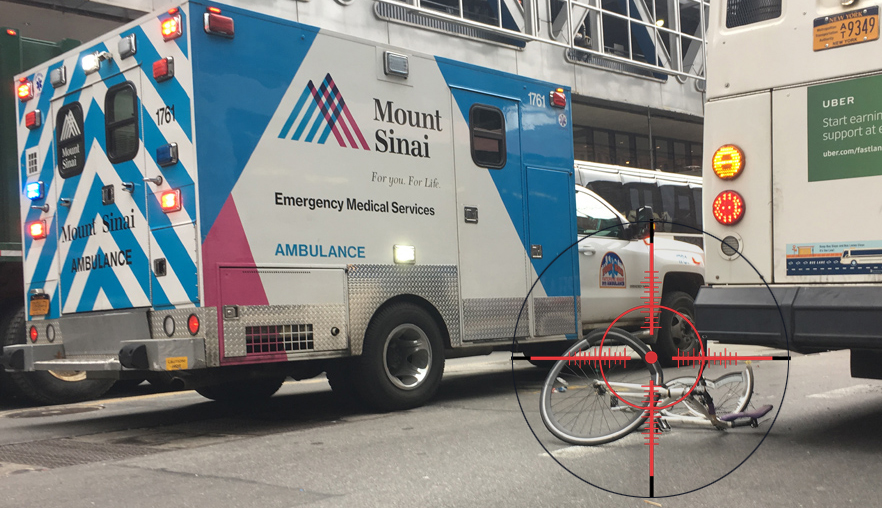
The City of Westminster is one of 32 London boroughs, just west of the city center.
If you think borough-level politics is messy in New York City, consider London, a city of 32 boroughs, each with its own local government. On a visit to interview Eric Manners, an urban planner working for the borough of Islington last spring, I was struck that a municipality with just about the same population as a New York City Community Board district had its own City Hall, a staff of urban planners and traffic agents and even owned and ran its own little fleet of street sweepers. It made me realize that despite how humongous and onerous New York City government often seems to be, neighborhood-level governance is virtually non-existent compared to London's.

Waiting in the lobby of Islington City Hall I noticed that virtually every other person in the room had come to apply for a residential parking permit. Parking permits, Manners told me later, are a significant source of revenue for the borough and one of the key ways in which London's neighborhood-level governments manage and control their own streets and public spaces.
With congestion pricing and residential parking permits under discussion in New York City, it was interesting to see this article in the The Times of London the other day. Apparently, London's congestion pricing system has been a bit too effective for the borough of Westminster's conservative City Council. According to the Times, Westminster makes more money from parking than any other local authority in England but has experienced a 12 percent drop in the number of people using its public parking facilities since the start of congestion pricing. The City Council is now trying to lure traffic back into the borough with a variable pricing scheme modeled on discount airline ticket pricing.
Danny Chalkley, cabinet member for economic development and transport on the Conservative-controlled council, said that the authority had received advice from easyJet about its new pricing regime, with Alastair Gilchrist, the director of parking, a former easyJet executive.
Mr Chalkley said: "We know that many drivers in London are put off by expensive parking charges. Now they will be able to park much more cheaply on a first come, first served basis. "They won't be able to predict what they will pay before they drive in but we think it will lead to more people taking the chance that they will get a very good deal."He said that the charging system would favour shoppers rather than commuters.
Transport 2000, the green lobby group, said that the idea may undermine the benefits of the congestion charge, which has resulted in 20 per cent fewer cars entering the charging zone. Stephen Joseph, its director, said: "The last thing Westminster and the West End need is a big increase in cars attracted by heavily discounted parking fees. "This is not even in motorists' interests because it will lead to great uncertainty about how much their trip will cost them. It could also result in perverse behaviour, such as people driving around in circles waiting to see if the price drops."
Earlier this year Westminster announced that parking meters would be removed and replaced by a cashless mobile phone payment system. Drivers can send a text message to pay for extra time if they are running late.
Photo: Aaron Naparstek, March 6, 2007





